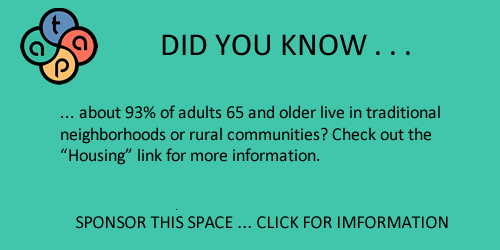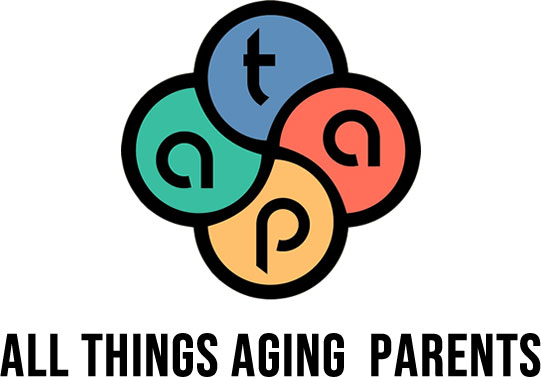Note: This is an overview of reverse mortgages, and is by no means comprehensive. A good place to start further research is https://reverse.org/ or the Consumer Financial Protection Bureau.
Many of our parents own their own home. Some may own them outright, and some may have substantial equity in their home that may even amount to the largest asset they own. A reverse mortgage is a way that they can tap into that asset as they need it in later years – another source of retirement income.
A reverse mortgage works opposite to the way a traditional mortgage operates. In a traditional mortgage, the buyer makes regular payments to a lender and accumulates equity in the home; with a reverse mortgage, the owner collects payments (or a lump sum) from the lender in return for the equity in the home. In this way, (s)he converts that accumulated equity into cash – cash that is tax-free. Reverse mortgages may be disbursed as a lump sum, a series of monthly payments, or as a flat or increasing line of credit to be used when needed. Generally, a borrower would be more eligible for a higher loan with a line of credit as opposed to a lump sum payment.
When a homeowner takes out a reverse mortgage, (s)he keeps the title to the house. (S)He makes no payments on the mortgage but instead receives payments (or a lump sum) from the mortgage holder. The owner is still responsible for property taxes, insurance, HOA fees, repairs, and maintenance. The loan becomes due when the owner or surviving spouse dies, sells the home, or moves out of the home for more than 12 months. At that point, the owner’s heirs have 12 months to make a decision about what to do with the home. They have first right of refusal to purchase the home by paying off the loan, or they can sell the home, paying off the loan from the proceeds of the sale. Any amount over the loan payoff goes into the homeowner’s estate.


Some people worry that if they max out their loan they will be forced to move. Borrowers never have to move or sell their home unless they choose to do so. They will simply not get any more money from the loan. If they don’t use all of the equity from the loan, the remaining equity belongs to the borrower or their estate. A surviving spouse is still able to keep the home until his/her death.
Most reverse mortgages (also known as Home Equity Conversion Mortgage, or HECM loans) are insured by the Federal Housing Administration (FHA). What this means is that if the sale of the home is not sufficient to pay off the mortgage, and the heirs do not choose to pay off the loan to retain the home, the balance of the loan is paid by the FHA insurance. This will have no effect on the balance of the homeowner’s estate or on the heirs, as the debt is not passed on.
Eligibility: To get a reverse mortgage the homeowner must be at least 62 years old, have substantial equity in the home, and occupy it as their principal residence. They must be current with property taxes, insurance, and HOA fees, and the home must meet minimum FHA appraisal requirements. Reverse mortgages may be obtained through refinancing a current home or for a new home purchase. They may be used for a single family unit, duplex, or up to a 4-plex (as long as one unit is occupied by the owner). The cost of a reverse mortgage (closing costs, FHA mortgage premium, origination fee, etc.) is the responsibility of the homeowner and may average 5-6% of the mortgage. It is wise for the adult children to be aware of how a reverse mortgage works, so they are not caught off guard after the death of the homeowner.
Only a certain amount of home equity may be accessed by a reverse mortgage. A rule of thumb is that 50% of the value of the home may be loaned. The amount of equity accessible is tied to the age of the borrower – at age 62, only 40-45% of the home’s value may be used, and the percentage increases with the age of the borrower.
All of the proceeds from a reverse mortgage (lump sum, payments, or line of credit) are tax-free, and they do not affect the borrower’s Social Security or Medicare benefits. Proceeds may affect Medicaid if the borrower takes a lump sum payment and puts it in the bank.
Resources:



















